Hello!
In recent years, Mexico has witnessed a significant shift in its workforce dynamics, with more individuals embracing remote work as a viable career option.
This trend, fueled by technological advancements and a growing interest in financial independence, has found a unique ally in cryptocurrency payments.
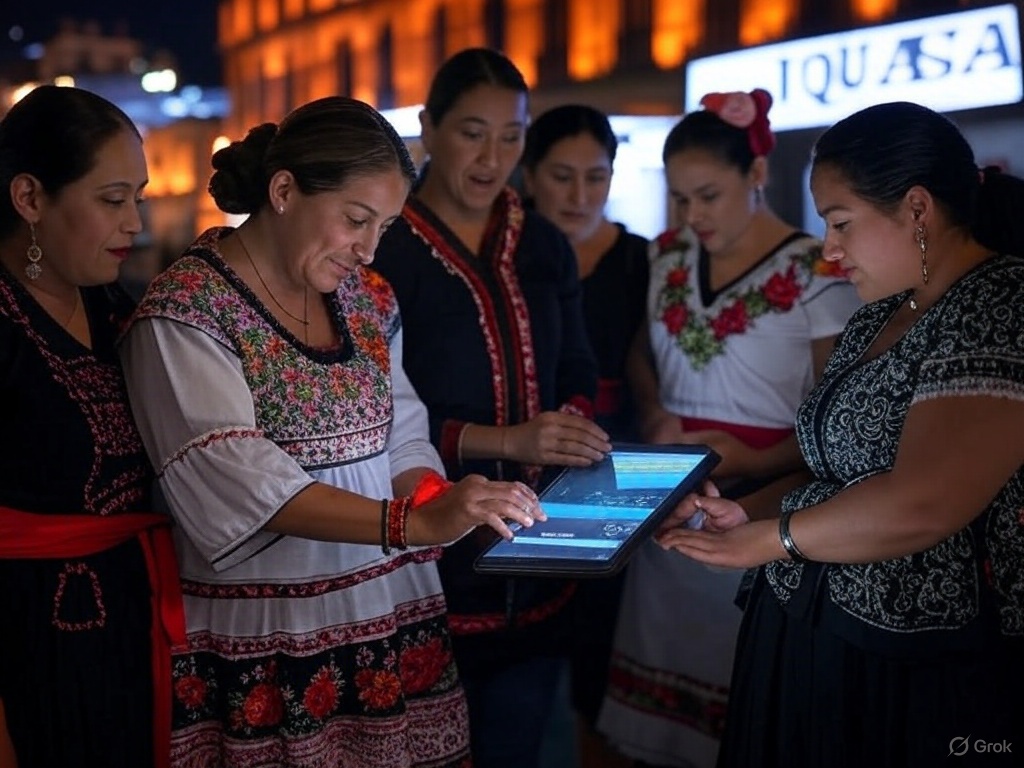 At the forefront of this transformation is Quasa Connect, a pioneering platform that enables Mexicans to connect with global clients and receive payments in cryptocurrency, bypassing traditional financial hurdles.
At the forefront of this transformation is Quasa Connect, a pioneering platform that enables Mexicans to connect with global clients and receive payments in cryptocurrency, bypassing traditional financial hurdles.
As of April 2025, this movement is gaining momentum, reflecting broader changes in how work and money are perceived in the digital age.
The Rise of Remote Work in Mexico
 Remote work has been steadily gaining traction in Mexico, driven by a combination of factors. The country boasts a young, tech-savvy population eager to leverage digital tools for economic opportunities.
Remote work has been steadily gaining traction in Mexico, driven by a combination of factors. The country boasts a young, tech-savvy population eager to leverage digital tools for economic opportunities.
High-speed internet access has expanded across urban and rural areas, making remote collaboration more feasible than ever. Additionally, the economic pressures of inflation and a desire for greater flexibility have pushed many Mexicans to seek alternatives to conventional 9-to-5 jobs.
The COVID-19 pandemic accelerated this shift, proving that remote work is not only possible but often preferable for both employers and employees. According to recent studies, a significant portion of Mexico’s workforce has expressed interest in continuing remote arrangements post-pandemic.
For freelancers, entrepreneurs, and gig workers, this has opened doors to international markets, where demand for skills like graphic design, software development, and digital marketing remains high.
Cryptocurrency as a Game-Changer
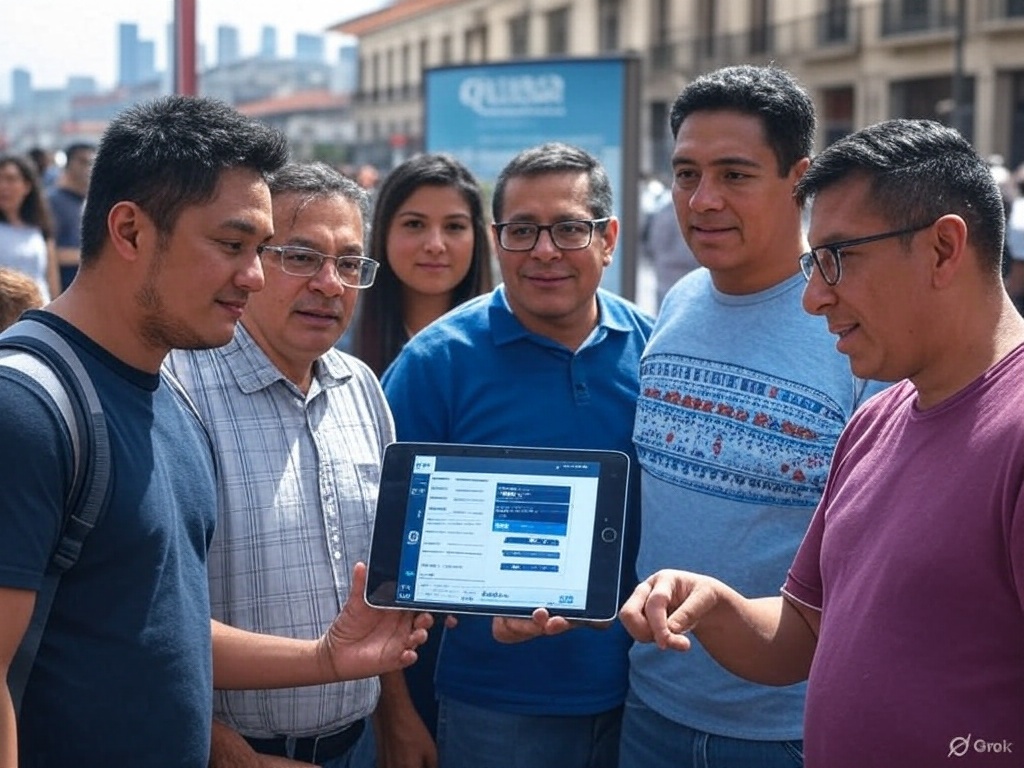 While remote work offers freedom, traditional payment systems have often posed challenges for Mexican freelancers. Cross-border transactions can be slow, expensive, and subject to unfavorable exchange rates.
While remote work offers freedom, traditional payment systems have often posed challenges for Mexican freelancers. Cross-border transactions can be slow, expensive, and subject to unfavorable exchange rates.
Bank fees and currency conversion costs can eat into earnings, particularly for those working with clients in the United States or Europe. This is where cryptocurrency enters the picture, offering a decentralized, cost-effective alternative.
Mexico has emerged as a hotspot for cryptocurrency adoption in Latin America.
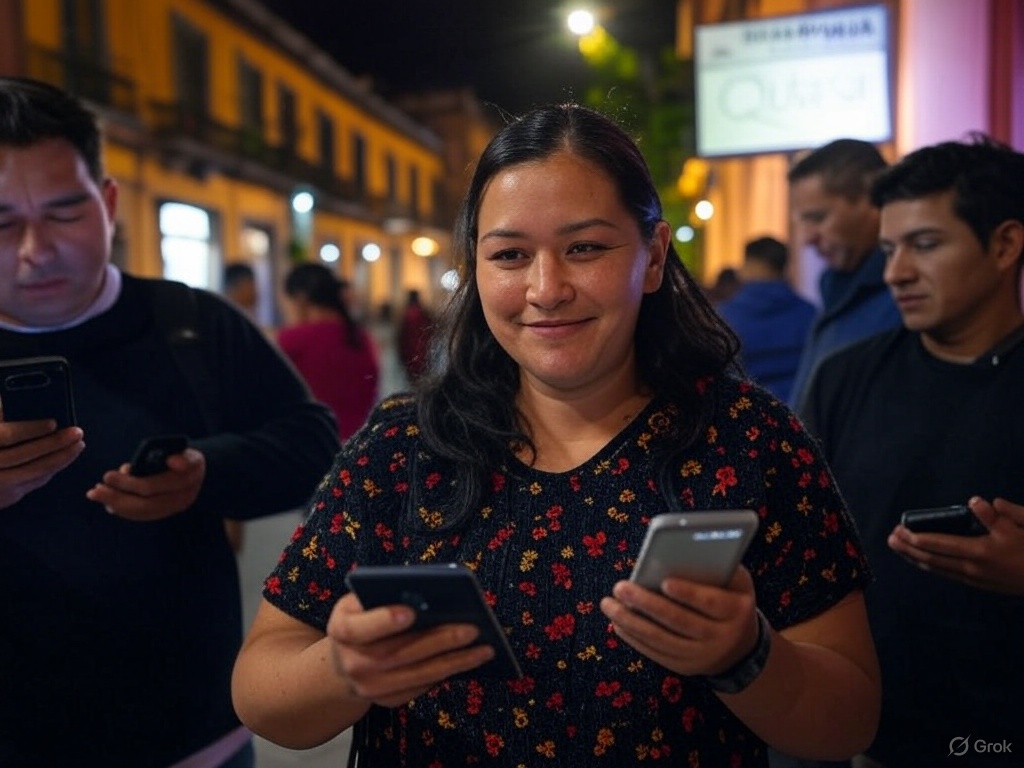 With a growing number of citizens using digital currencies for remittances, savings, and everyday transactions, the leap to crypto-based payments for work feels like a natural progression.
With a growing number of citizens using digital currencies for remittances, savings, and everyday transactions, the leap to crypto-based payments for work feels like a natural progression.
Platforms like Quasa Connect are capitalizing on this trend, providing a seamless way for Mexicans to earn in cryptocurrency, such as Quasacoin (QUA), without relying on banks or intermediaries.
Quasa Connect: Bridging the Gap
 Quasa Connect, launched as the world’s first app for crypto freelancers, has quickly gained attention in Mexico. The platform connects service providers with clients worldwide, facilitating tasks ranging from IT support to creative projects.
Quasa Connect, launched as the world’s first app for crypto freelancers, has quickly gained attention in Mexico. The platform connects service providers with clients worldwide, facilitating tasks ranging from IT support to creative projects.
What sets it apart is its integration of cryptocurrency payments, allowing users to bypass the complexities of fiat-based systems. By connecting a crypto wallet, freelancers can receive instant payments in Quasacoin or other supported cryptocurrencies, cutting costs and eliminating delays.
For Mexicans, this is particularly appealing. The platform’s decentralized nature means workers are not tied to the peso’s fluctuations or restricted by local banking regulations. It also opens up opportunities in regions where dollar-based payments are impractical due to sanctions or limited financial infrastructure.
With Quasa Connect, a graphic designer in Mexico City can seamlessly collaborate with a startup in Asia, receiving payment in crypto that can later be exchanged for pesos or held as an investment.
Why Mexicans Are Embracing This Shift
Several factors explain why Mexicans are increasingly turning to Quasa Connect and similar platforms. First, the cost savings are undeniable.
 Traditional freelancing platforms often charge commissions as high as 20-40%, while Quasa Connect boasts significantly lower fees — sometimes as little as 10% — thanks to its blockchain-based system. This allows workers to retain more of their earnings, a critical advantage in a country where economic disparity remains a challenge.
Traditional freelancing platforms often charge commissions as high as 20-40%, while Quasa Connect boasts significantly lower fees — sometimes as little as 10% — thanks to its blockchain-based system. This allows workers to retain more of their earnings, a critical advantage in a country where economic disparity remains a challenge.
Second, cryptocurrency offers a hedge against inflation. The Mexican peso has faced periods of volatility, and many citizens view digital currencies as a way to preserve value.
By earning in Quasacoin or other stablecoins, freelancers can protect their income from local economic uncertainties.
Finally, there’s the allure of global connectivity. Quasa Connect eliminates geographic and financial barriers, enabling Mexicans to tap into a $150 trillion global freelance market. For a nation with a rich pool of talent, this represents a chance to compete on an international stage without the red tape of traditional systems.
Challenges and Opportunities Ahead
Despite its promise, the transition to remote work with crypto payments isn’t without hurdles. Cryptocurrency regulations in Mexico remain a gray area, with the government taking a cautious approach.
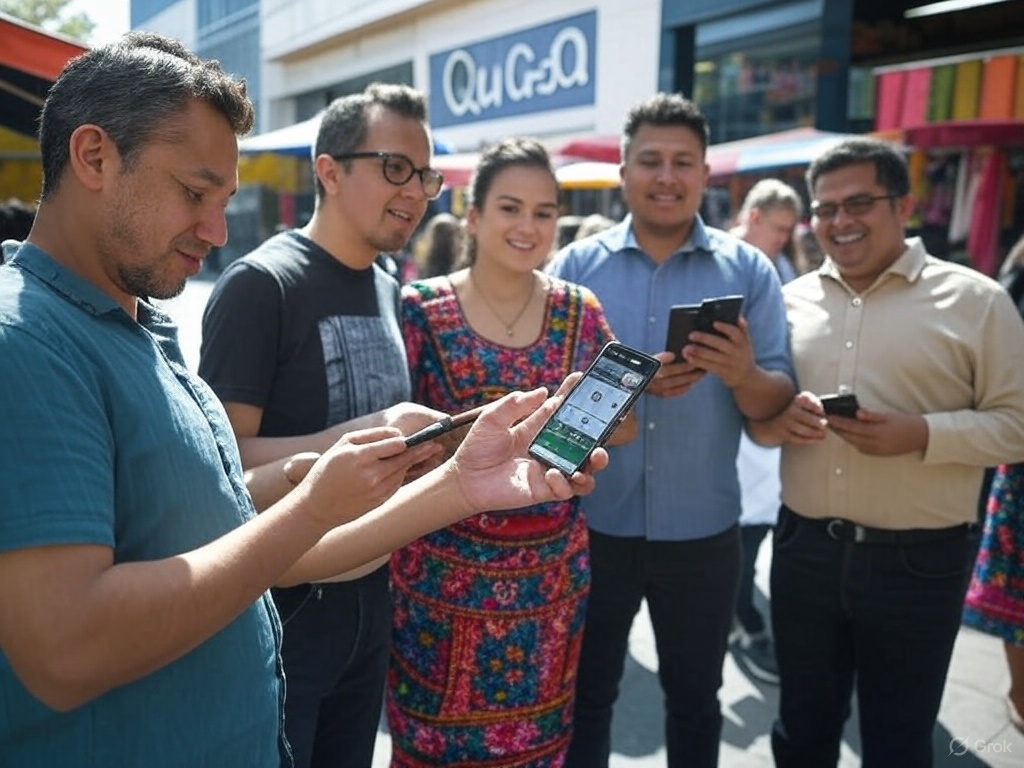 While crypto is legal, its use for payments raises questions about taxation and compliance, which could complicate matters for freelancers. Additionally, not all Mexicans are familiar with digital wallets or blockchain technology, requiring education and outreach to broaden adoption.
While crypto is legal, its use for payments raises questions about taxation and compliance, which could complicate matters for freelancers. Additionally, not all Mexicans are familiar with digital wallets or blockchain technology, requiring education and outreach to broaden adoption.
Nevertheless, the opportunities outweigh the challenges. As Quasa Connect expands its reach — aiming to cover over 200 cities worldwide by 2026 — Mexico stands to benefit from being an early adopter.
The platform’s emphasis on transparency, secured by blockchain and smart contracts, also builds trust, a crucial factor in freelance relationships.
A New Era of Work in Mexico
It reflects a desire for autonomy, efficiency, and access to global opportunities, resonating with a generation that values flexibility over tradition.
As more Mexicans embrace this model, they’re not just adapting to a changing world—they’re helping shape it.
In April 2025, this trend is more than a niche experiment; it’s a glimpse into the future of work. With platforms like Quasa Connect leading the charge, Mexicans are proving that innovation and determination can turn challenges into opportunities, one crypto transaction at a time.
Thank you!
Join us on social media!
See you!

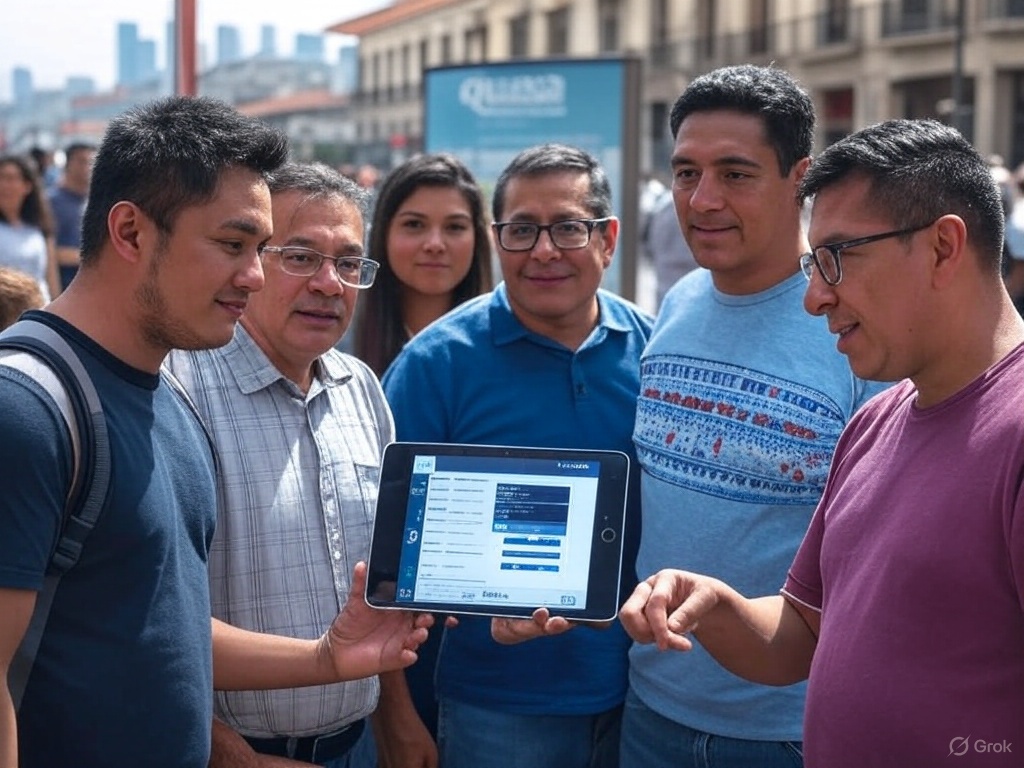
 The shift toward remote work with cryptocurrency payments through Quasa Connect signals a broader transformation in Mexico’s economic landscape
The shift toward remote work with cryptocurrency payments through Quasa Connect signals a broader transformation in Mexico’s economic landscape



